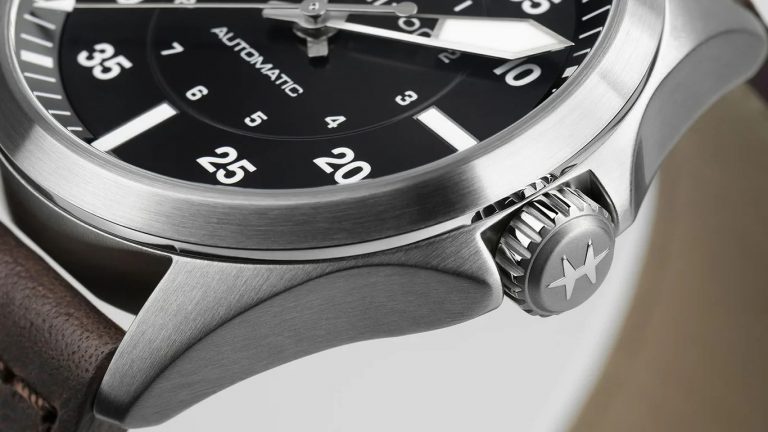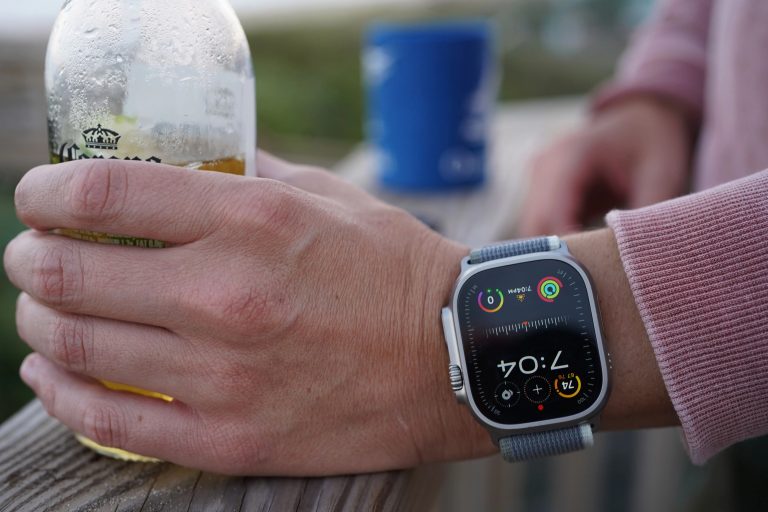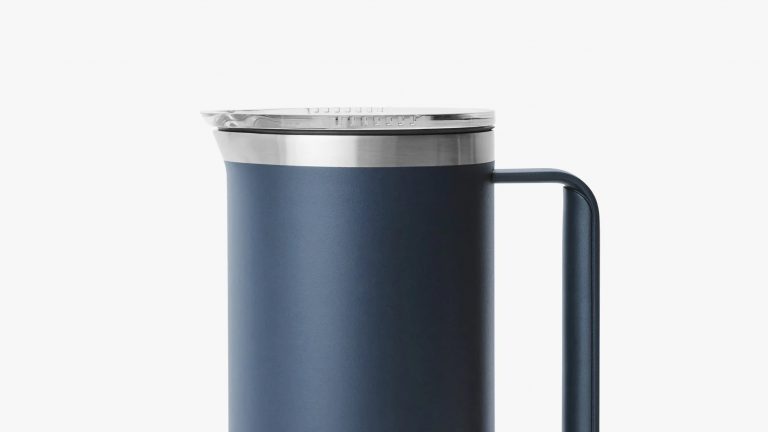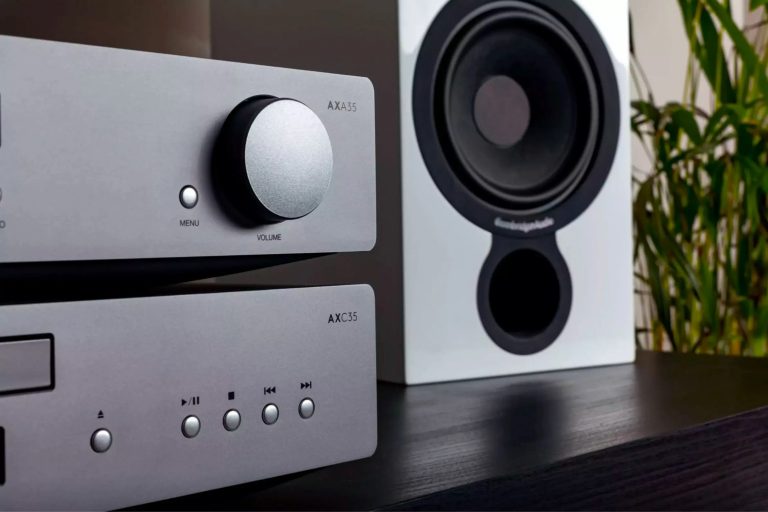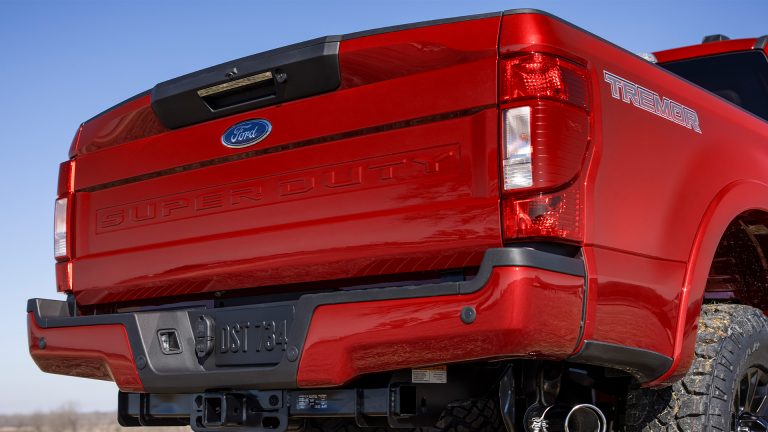Uncovering the Truth: Is Fast Charging a Risk to Your Electric Vehicle’s Battery Health?
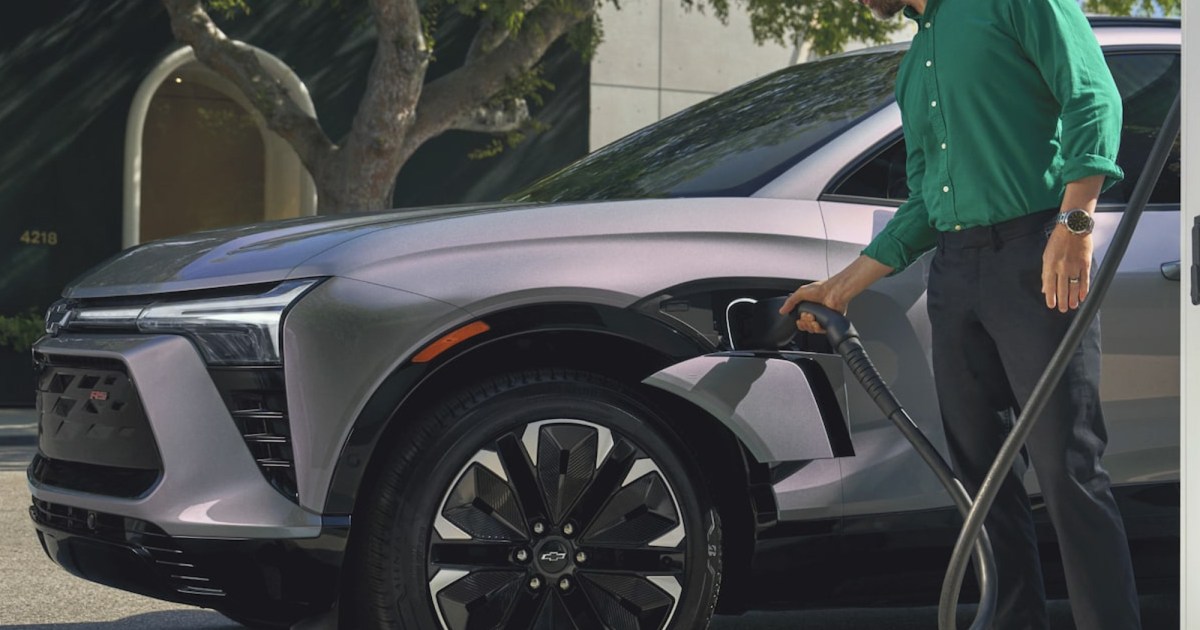
The Honest Truth About Charging Your Electric Vehicle’s Battery: Separating Fact from Fiction
When it comes to keeping your electric vehicle’s battery in top condition, there’s a lot of conflicting advice out there. From charging to 80% to avoid degrading the battery, to steaming shame if you dare to use DC fast charging, it’s hard to know what’s true and what’s just hype. Let’s break down the facts and separate the fact from the fiction.
What is DC Fast Charging, Anyway?
DC fast charging, also known as Level 3 charging, is a method of charging your electric vehicle that bypasses the onboard power converter in your car. Instead, it directly charges your battery with DC power, which is what your car uses to store energy. This method of charging is often used for long-distance driving and can charge your battery to 80% in as little as 30 minutes.
Why Would DC Fast Charging Degrade My EV’s Battery?
Some experts claim that DC fast charging can lead to premature battery degradation, causing your car’s range to diminish over time. But is this really the case?
"Well, DC fast charging may in some instances shorten an EV’s lifespan," explained David Michery, CEO of Mullen Automotive. "As compared with AC charging (Levels 1-2), DC fast charging has a much higher current and will generate more heat, potentially causing kinetic issues with active materials, which can lead to faster battery degradation."
But What About the Science?
While it’s true that DC fast charging can generate more heat, which can theoretically accelerate battery degradation, the extent to which it does has been overstated. According to a study by Recurrent, which analyzed data from over 6,500 Tesla Model 3s, frequent DC fast charging doesn’t have as much of an impact on battery health as previously thought.
So, What Can I Do to Keep My EV’s Battery Healthy?
While it’s true that DC fast charging may not be the best choice for preserving battery health, there are still ways to keep your battery in top condition. Here are some tips:
- Charge at home using Level 1 or Level 2 speeds whenever possible
- Set your car’s limit to 80% in day-to-day life, or charge to full if you’re going on a long road trip
- Avoid extreme temperatures (below freezing or above 95°F)
- Use your best judgment when it comes to charging speed and temperature
The Future of Battery and Charging Tech
As we move forward, we can expect to see advancements in battery technology that will make these issues a thing of the past. Solid-state batteries, for example, are on the horizon and seem to be much more resilient than the lithium-ion batteries currently used in EVs.
In the meantime, don’t stress too much about the details of charging your car. Just remember to be smart about it, and your EV’s battery will thank you.
The Bottom Line
Is DC fast charging bad for your electric vehicle’s battery? Not as much as you might think. While it’s true that it can generate more heat, which can potentially accelerate battery degradation, the impact is likely to be minimal. By following a few simple tips, you can keep your battery in top condition and enjoy a long, healthy range for years to come.

